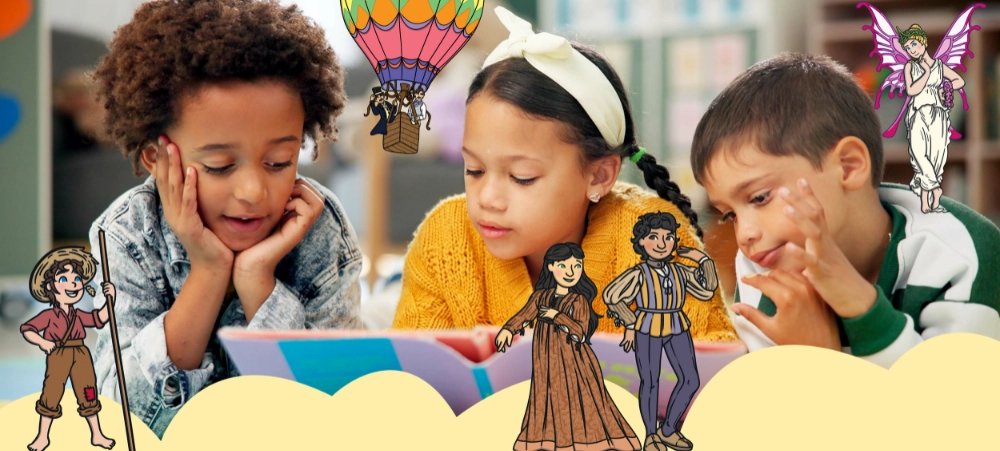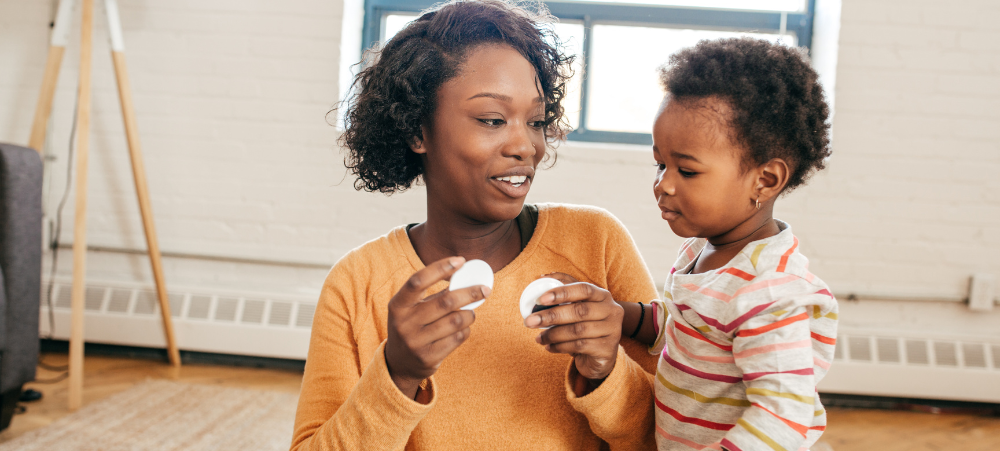The first big decision
When your child turns 6 it usually means that it’s their last year in preschool. In a year, your child will need to start primary school, but how do you know that your child will cope with the formal demands of school? Or be able to function to his/her full potential? As a parent, you may have lots of questions about this new phase in your child’s life. You would want to know that your child is ready to start their learning journey. If your child is not ready, it could influence his/her academic performance.
How do I know if my child is ready to start school?
The South African Schools Act states that school attendance is compulsory for any child from the age of 7 up to the age of 15. But how do you know if your child is school-ready? This is a question that many parents ask and there isn’t a straightforward answer. Some learners are late bloomers and aren’t emotionally ready for the pressure they encounter at school.
When must I seek professional help?
If you are uncertain if your child is ready for school, send them for a school readiness test at a registered therapist/psychologist. The assessment could put the following skills to the test:
- Visual and auditory perceptual skills – how well the learner can interpret information taken in through the senses of sight and sound.
- Concept development – whether the learner has mastered concepts such as colours, shapes, and time (e.g. do they know on which days they need to go to school), etc.
- Fine motor and gross motor skills – the learner should be able to hold a pencil, use a pair of scissors, add beads on a string, etc.
- Emotional skills – the learner should be able to work independently and, in a group, and be able to share the teacher’s attention as learners in Grade 1 are given less individual attention.
The school readiness assessment will help determine whether your child needs additional support. Sometimes learners just need a little more practice to grasp certain concepts or if there is a learning barrier, the learner may need individual attention to overcome it. In other cases, the learner may need extra help on a more permanent basis. The best time to seek professional help is at the end of Grade R or the year when your child turns 6. It is better to make sure your child is ready and be proactive than to find out later that he/she must repeat Grade 1.
What if your child doesn’t cope in a mainstream school?
After the first report in Grade 1, it will be evident whether your child is coping in school or not. A lot of factors can play a role. Sometimes the learner doesn’t understand the teacher, or the pressure is too much. Sometimes the learner feels overwhelmed with all the activities at school, e.g. classwork, group activities, sport, etc. The learner may have a learning barrier or doesn’t get all the attention he/she needs to perform well. Whatever the case, if your child doesn’t cope in school, you should consider all your options.
Alternative education
There are a lot of options to consider, so break away from narrow-minded thoughts or people that will influence you negatively. You could consider home education (otherwise known as homeschooling). Homeschooling will allow your child to spend more time on difficult subjects as it allows learners to study at their own pace. It also provides a nurturing learning environment for children with individual needs.
You can also look for a school with less pressure, with smaller classes or with a different curriculum, whatever you choose it is important to put your child first and that you do what is best for him/her and not what society prescribes.
Hilda Erasmus: Foundation Phase Specialist
Source:
https://www.childpsych.co.za/school-readiness-assessment






11 thoughts on “Will your preschooler cope with the demands of school?”
Thank You for this brilliant article. I have sleepless nights about this… my son is currently at a Mainstream School but he can’t decide whether he’s left-handed or right-handed. He’s done OT for a term and is now in his first term of Kinderkinetics.
His Kinderkinetics Assessment confirmed he is left-handed (left-dominant everything) but he still writes better with his right and seems to prefer it. As a result, his writing is not up to scratch yet and he often writes his letters backwards.
He’s a bright child. He loves learning. He’s an auditory learner with a huge vocabulary already and he adores Maths. He can do all the Maths in his big sister’s Grade 1 Maths book already.
But his Grade R Teacher warned me that he needs to learn to write before he starts Grade 1 because everything is written and the only way he will be assessed is by what he has written down, so she’s concerned he will fall behind.
So yes, I am looking for alternatives to mainstream schooling for all these reasons. I’ve enrolled him into Generation School, let’s see how we go with a Montessori/Cambridge system.
Great points here! I love how you outline the necessary skills kids need or will learn as they enter school.
Sometimes hard to tell when your child is ready for school. great post.
Going to “Big School” is such a scary thing when you’re only 6 or 7 years old. I’m a firm-believer in keeping your child back a year if they’re not ready (or born near the end of the year). I always noticed a difference between myself (birthday in January) and my peers born in the later months of the year.
Very informative post! I remember when I started noticing signs that something is off with my older son. He a developmental delay. He walked at an early age, ate well and did pretty much of. But he could not speak, I mean he mumbles a lot but we could make sense of the words that were coming out of his mouth even at the age of 3. I had the school district assess him and sure enough, he needed help to get ready for kindergarten. I don’t know what I would have done if I didn’t have all the resources to prepare him for school. So yes, I agree with parents need to prepare their kids for school at an early age so that they could address any concern as early as possible. Thank you for writing this insightful article.
Interesting points! Here in India most kids are off to play school around the ages of 2-3. Then they go through two years of kinder garten and then start mainstream school at the ages of 5-6. By that time they are acclimatized to mainstream school and quite used to the routine of going to school.It is good, however, to have alternative options for those kids who may not adjust to school, especially kids with special needs. The post raises some good points!
I know I still have time to think about this, but I still struggle on what to do. Because my daughter is born March and here in Croatia, if your child is born in March or April you have a choice to send your child to school 1 year early (or wait one year). Ans I still don’t know what will I decide, give her to school 1 year earlier or let her be worry free for one more year. But I think I will wait and see how she will “grow” and see if she is ready or not.
Hi Julie!
I wish schools in America were more like this. We start Kindergarten at age 5, some are 6, but for the most part it’s 5. Do they have private and charter schools in South Africa? When we leave here and go back to the states I’m not putting my kids back in public school because of all the bad things happening over there, it’s scary! We are opting for either private, charter, or homeschool. All three have their pros’ and cons’ so we will try and see which one is best for the older two. My youngest will be going to a public school because the elementary school is fantastic, just not the middle and high schools. Anyway Thank you for this informative post! I really enjoyed reading it
I wish there were more accessible programs for younger children to get them ready for school. In my area, full-day pre-kindergarten is rare, because it is so expensive. I think it is a great way for the children to get used to a routine, and help parents identify any issues the child might have before starting grade school
My daughter is still too young for school. But I need to share that she is so happy at daycare – Smiles every morning when I drop her and when I pick her up for school. I am keeping this info in mind
This is something that has been on my mind for a while recently since my son is in Grade R this year and is moving to Grade 1 in January 2020 and his birthday is in December which means he only turns 6 right at the end of the year. He will always be the baby and that worries me a bit.. then again I must keep in mind that I started school when I was 5 years old and I was also the baby the whole way through, finishing when I was 17.
The school has offer school readiness assessments for all Grade R learners and I have to sign and send in the form by next week. Thank you for this useful article.